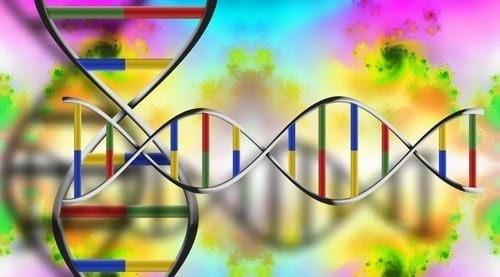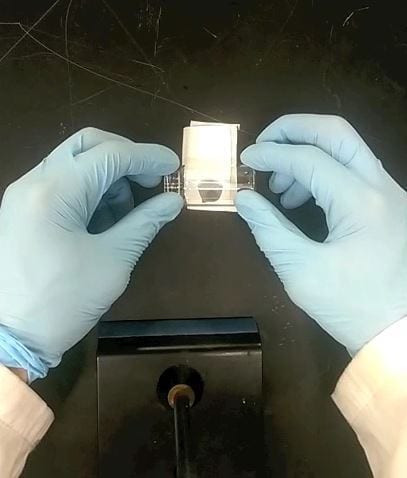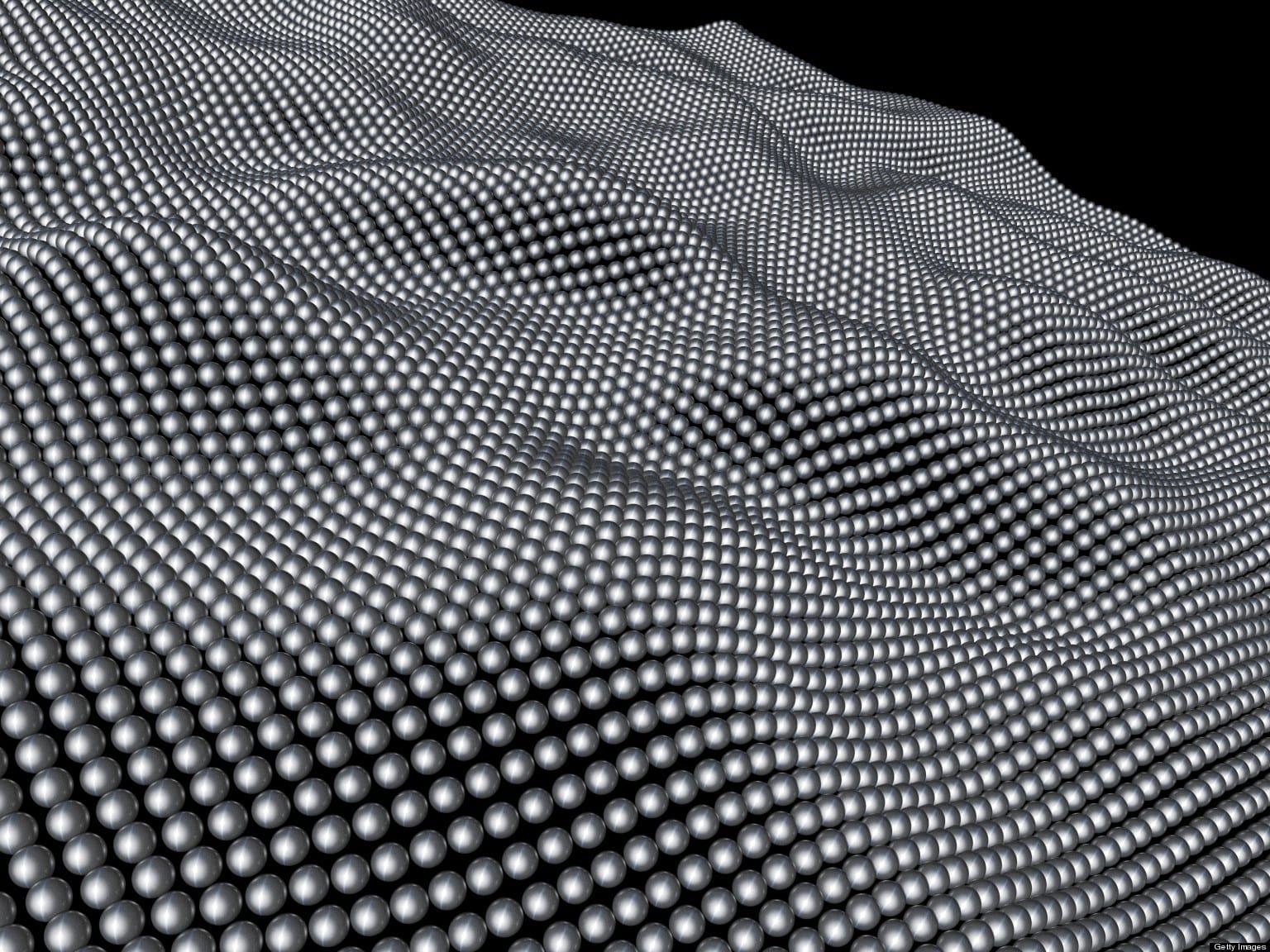The Latest on: Artificial enzymes
[google_news title=”” keyword=”Artificial enzymes” num_posts=”10″ blurb_length=”0″ show_thumb=”left”]
via Google News
The Latest on: Artificial enzymes
- The Basic Qualities America Looks For When Labeling Parmesanon April 26, 2024 at 5:30 pm
Parmesan cheese is a versatile ingredient. However, while its production is highly regulated in Italy, American definitions are much less strict.
- Founders with unique backgrounds unite over climate concerns and launch new venture fundon April 26, 2024 at 12:00 pm
SNØCAP, a new climate-focused venture capital fund, is launching with $5 million to invest in startups. The team has a somewhat unusual target for its investments, aiming for startups making ...
- Best dog food for sensitive stomachs, according to expertson April 26, 2024 at 10:46 am
We interviewed experts, who explained that the best dog foods for sensitive stomachs all feature easy-to-digest formulas in a range of flavors and food types.
- Insilico Medicine's AI-designed drug ISM3412 receives FDA IND approvalon April 25, 2024 at 10:13 pm
Clinical stage artificial intelligence (AI)-driven drug discovery company Insilico Medicine announces that it has received approval from the U.S. Food and Drug Administration for its Investigational ...
- The UW’s Institute for Protein Design keeps boosting startups, fueling AI-powered scienceon April 25, 2024 at 11:28 am
On Tuesday the latest venture based on IPD technology emerged: Xaira, a San-Francisco area startup co-founded by IPD head David Baker, backed with more than $1 billion from investors including Arch ...
- The 26 Best Soaps for Eczema in 2024on April 23, 2024 at 10:49 am
Branded content. Us Weekly has affiliate partnerships so we may receive compensation for some links to products and services. The bumps, dryness, and itching of eczema mean that the condition is just ...
- False Facts About Food Labels You Thought Were Trueon April 23, 2024 at 8:30 am
Food producers count on you not knowing what's missing from a label, and hope that you don't know the legal definitions of the words they've used to entice you.
- This Harvard spinoff uses plastic-eating microbes to clean up wasteon April 22, 2024 at 1:00 am
There are 5 billion tons of plastic sitting in landfills and in nature. Startup Breaking is working on a new way to clean it up with biology.
- Scientists Puzzled by 'Rule of Four' Pattern Found in Most Materialson April 19, 2024 at 10:13 am
A bizarre "Rule of Four" has been identified in the basic structure of the majority of inorganic materials—and scientists are stumped as to why. The pattern is found in the so-called "unit cell" of ...
- The 18 Best Natural Face Washes in 2024on April 19, 2024 at 9:20 am
Branded content. Us Weekly has affiliate partnerships so we may receive compensation for some links to products and services. When it comes to skin care, there’s no doubt about it: Natural is best.
via Bing News











